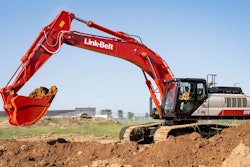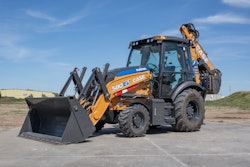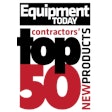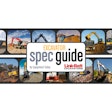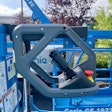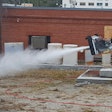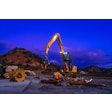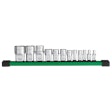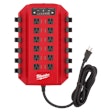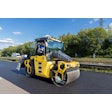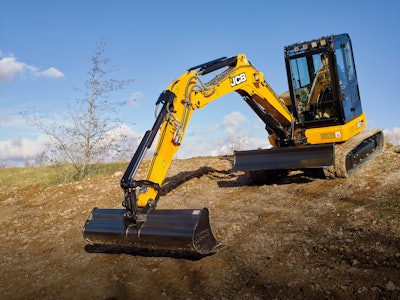
Cold weather is one of the harshest conditions for an operating equipment. When temps dip below 0, machine components are pushed harder. Everyday tasks you performed in the summer now put more wear and tear on equipment.
Keeping up with cold-season maintenance and operation practices can help reduce strain on your machine. Here are five tips to warm up winter operations.
1. Replace fluids with cold weather formulas.
Fluids throughout your machine get thick as temperatures drop. This change in consistency leads to more friction. The machine is now working harder, which can lead to unexpected downtime. Cold weather can impact systems throughout your machine including the engine and hydraulics. This is especially true for today’s advanced fuel system where diesel fuel gelling up can seriously impact fuel efficiency and overall productivity.
To avoid a chilly outcome, replace fluids with cold-weather versions during late fall or early winter maintenance cycles. Look at the specifications on your engine oil, hydraulic fluids, antifreeze and diesel fuel and replace or use additives as necessary.
It is worth noting that you don’t need to replace fluids for a single cold snap. But if temperatures in your area of operation are averaging below zero for extended periods of time, you will want to make sure to change over to colder-rated alternatives before winter.
2. Always warm up machines before operation.
Starting your equipment and letting it get up to temperature before starting operations is about more than having a cozy cab. Even if you’ve added cold-rated fluids, if the machine has not had a chance to warm up, those compounds are not functioning at 100%. Ensure optimal performance by allowing plenty of warm-up time before taking on a task. Maybe enjoy a hot cup of coffee or cocoa while you wait. And be sure to build this downtime into your winter timelines.
3. Check tires regularly.
Cold air is denser than warm air. This impacts the air in your tires, resulting in fluctuating tire pressure. For equipment such as telehandlers, maintaining proper tire pressures is important for stability and effective operation. Checking tire pressure daily, especially on equipment parked outside, can reduce wear and tear on tires and provide safer, more efficient operation.
It’s also worth noting that cold temperatures make rubber hard and brittle, which can result in a rougher ride and more risk of tire damage in rough terrain.
Finally, adding water or other liquids to tires is not recommended. It can cause issues with tire balance and durability. Today’s high-performance tires are not designed to hold up to this old practice.
4. Keep your battery warm and maintained.
Despite great advances in battery technology, there is still no way to counteract the effects of extreme cold on battery life and operation. Store equipment indoors whenever possible, and for larger equipment, make sure you have insulated blankets, block heaters or other systems to keep the area around the battery as warm as possible.
Some manufacturers offer Eberspacher heaters standard on larger equipment. This diesel-fuel heater runs on a timer to keep the engine block, as well as the cab, warm. It’s an ideal solution for heavy equipment sites with no access to power at night and is required in all military equipment.
5. Maintain diesel exhaust fluid systems on larger equipment.
As with engine oil and hydraulic fluid, DEF fluids are susceptible to freezing. Since DEF contains a significant amount of water, it freezes at 11°F and -11°C. It expands 7% when frozen. Industry leading manufacturers engineer selective catalytic reduction systems to be as easy on operators as possible, even in cold weather, but there are still things your crew can do to ensure these systems are maintained.
Don’t give your equipment the cold shoulder this winter. Following these tips will help keep your equipment and your crew on the job and out of the shop. Work with your local dealer to secure additional cold weather gear such as fluids and heated blankets before the temperatures drop.


